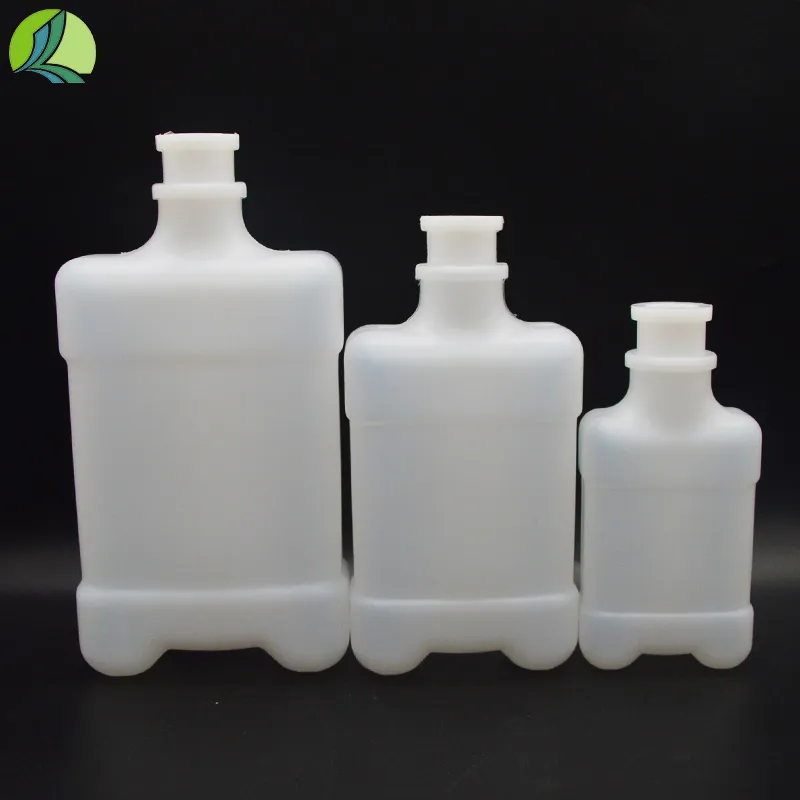Exploring the Use of Mini Vials in Medical Laboratories for Efficient Sample Management
The Role of Mini Vials in Modern Medicine and Laboratory Practices
In the ever-evolving landscape of medicine and laboratory practices, the need for precision, efficiency, and safety has prompted innovations that align with these demands. One such innovation is the use of mini vials, which are critical in various aspects of medical research, pharmaceuticals, and laboratory procedures. These small containers hold immense potential in terms of their applications and benefits, making them indispensable assets in the medical field.
The Role of Mini Vials in Modern Medicine and Laboratory Practices
One primary application of mini vials is in the storage of pharmaceuticals. Given their small size, they are commonly used for single-use doses of medications, which not only reduces waste but also ensures that patients receive only what is necessary for their treatment. This is particularly valuable in the case of expensive monoclonal antibodies or potent drugs that require precise dosages. By using mini vials for these applications, healthcare providers can improve patient safety and minimize the risks associated with medication errors.
medicine mini vials laboratory

In laboratory settings, mini vials play a crucial role in the preservation and transportation of biological samples. Whether it is blood, serum, or tissue samples, the integrity of these specimens is paramount for accurate testing and analysis. Mini vials are often made from medical-grade glass or plastics that provide an inert environment, preventing chemical interactions that could compromise sample quality. Furthermore, they can be securely sealed to minimize the risk of contamination or degradation during transport to testing facilities.
The use of mini vials also extends to the realm of diagnostics. For example, they are instrumental in the collection and storage of samples for molecular testing, such as PCR (polymerase chain reaction) assays, which have become increasingly essential in infectious disease detection. Their design allows for easy labeling and tracking, facilitating efficient laboratory workflows and adherence to regulations regarding specimen handling.
Moreover, mini vials contribute significantly to the development of personalized medicine. With advancements in genomics and biotechnology, there is a growing need for storing and analyzing genetic material. Mini vials provide an effective way to collect, store, and transport DNA or RNA samples for genetic testing, thus playing a pivotal role in tailoring treatments to individual patients based on their genetic profiles.
In conclusion, mini vials represent a significant advancement in the fields of medicine and laboratory practices. Their compact size, combined with features that ensure the integrity and safety of their contents, makes them vital tools for healthcare providers and researchers alike. As the medical landscape continues to evolve with new challenges and innovations, mini vials will undoubtedly remain at the forefront, supporting efforts in pharmaceutical development, diagnostics, and personalized medicine. Their contribution to enhancing patient care and facilitating medical research underscores the importance of continuing to explore and optimize the use of such practical solutions in the healthcare industry.
-
Plastic Medicine Liquid Bottle: Secure Flip Top Drug VialsNewsAug.17,2025
-
Durable 250ml Blue Plastic Vaccine Vial for Lab & Vet UseNewsAug.16,2025
-
Sterile Virus Sample Tubes: Secure & Reliable Specimen CollectionNewsAug.15,2025
-
White 250ml Plastic Vaccine Vial for Lab & Vet MedicineNewsAug.14,2025
-
Premium Clear Plastic Vaccine Vials for Lab & Vet MedicineNewsAug.13,2025
-
Plastic Clear Vaccine Vials | Lab & Vet Liquid StorageNewsAug.12,2025
























